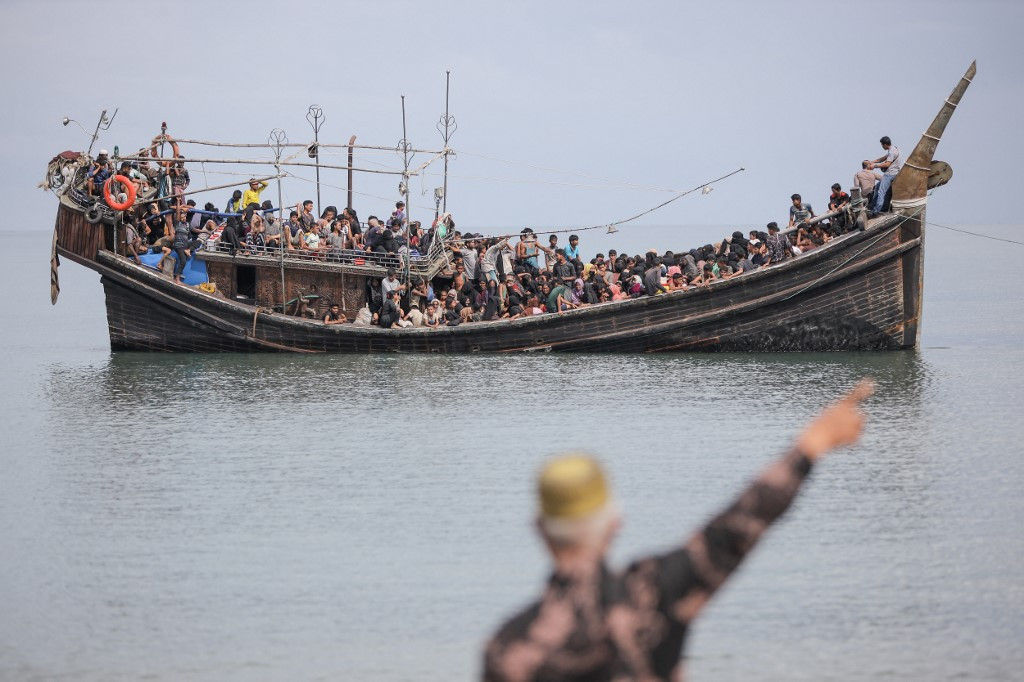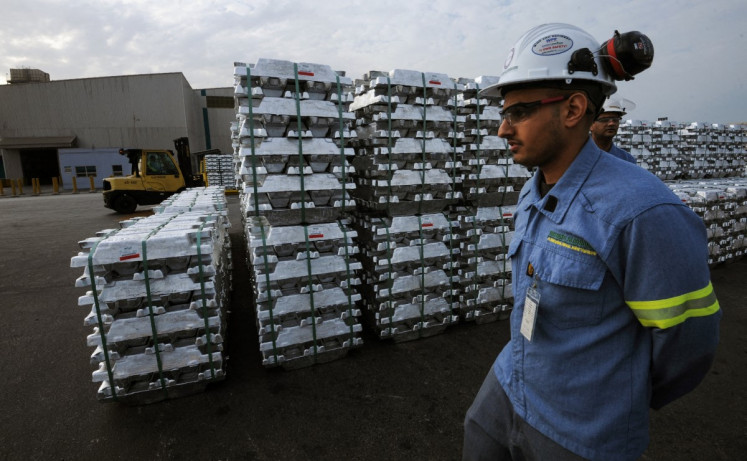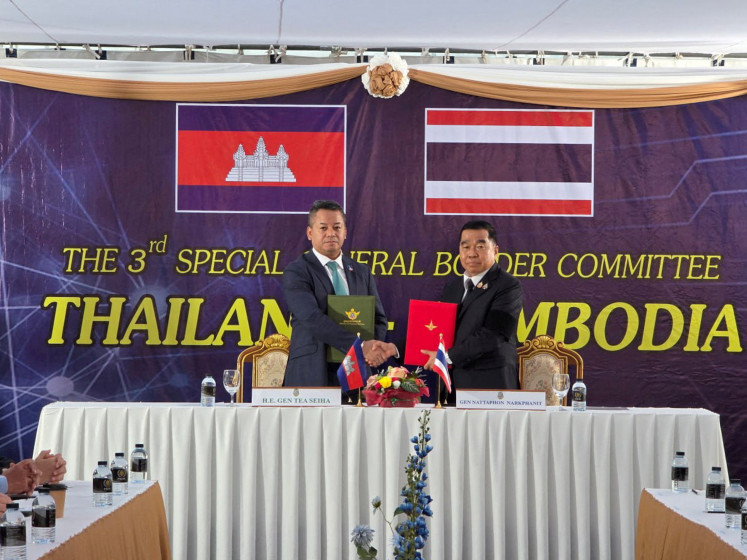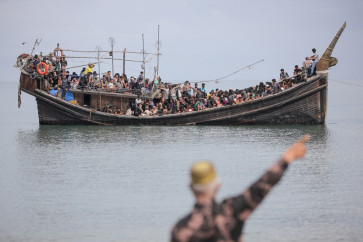Popular Reads
Top Results
Can't find what you're looking for?
View all search resultsPopular Reads
Top Results
Can't find what you're looking for?
View all search resultsBali Process must be fulfilled to protect Rohingya refugees
It is imperative that the Bali Process Mechanisms established following the failed response to the 2015 Andaman Sea crisis are reinvigorated and mobilized to better protect Rohingya refugees from the smuggling and human trafficking risks they face.
Change text size
Gift Premium Articles
to Anyone
I
n the past two years, there has been a precipitous rise in the number of Rohingya refugees making the decision to undertake dangerous land and sea journeys in search of safety and protection. Recent arrivals to Aceh throughout November, who are in urgent need of shelter, nutrition and medical assistance, were initially pushed back to sea and are facing an increasingly unwelcome reception from local government and communities.
An estimated 5,852 people embarked on irregular maritime journeys from January 2022 to October 2023, of which almost 45 percent are women and children. The Bali Process, co-chaired by Indonesia and Australia, and with a mandate to address irregular migration in the region, has so far failed to play an effective role.
The continued deterioration of conditions in Bangladesh and Myanmar has driven this rise in irregular movement. Declining security conditions on both sides of the border, limited livelihood opportunities, and reduced food rations in Bangladesh due to funding shortages have all but exhausted existing coping strategies and are compelling the Rohingyas to resort to the decision to take unsafe sea voyages in search of a better life elsewhere in the region. This is well-known to place them at risk of human trafficking and other forms of exploitation.
The response from regional countries to these movements, however, has been ad hoc, inconsistent, and dominated by national security concerns. Receiving countries in the region have repeatedly refused to allow disembarkation and abide by their maritime obligations under international law, providing distressed vessels with only a minimal provision of safety and protection measures and frequently engaging in a policy of pushbacks at sea that denies refugees access to life-saving assistance.
This was especially evident in the deadly 2022-2023 maritime season, in which slow and disjointed responses by regional governments exacerbated by poor communication and minimal coordination between relevant officials led to an alarming rise in the death toll to 573 people since January 2022. Unless new policy measures are put in place this will continue to lead to the tragic loss of life and reputational harm for countries in the region.
To effectively respond to this anticipated increase in maritime arrivals over the next three months, coordinated regional action is urgently needed. Failing to do so will continue to have fatal consequences for refugees and migrants. This was affirmed by regional governments in the 2016 Bali Declaration, which states, "the transnational nature of irregular migration requires a comprehensive regional approach, based on the principles of burden sharing and collective responsibility."
However, appeals for regional cooperation on irregular migration have not been sufficiently translated into substantive action. The Bali Process, established in 2002 to facilitate regional and multilateral dialogue and engagement on irregular migration in the Asia Pacific region, has not been able to generate coordinated regional responses to emergency maritime issues and situations despite being poised to do so due to its broad membership including source, transit and destination countries, and key international organizations.



















